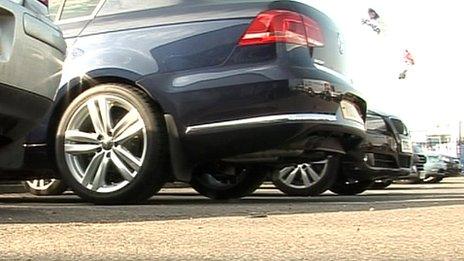Birmingham employers face Workplace Parking Levy
- Published
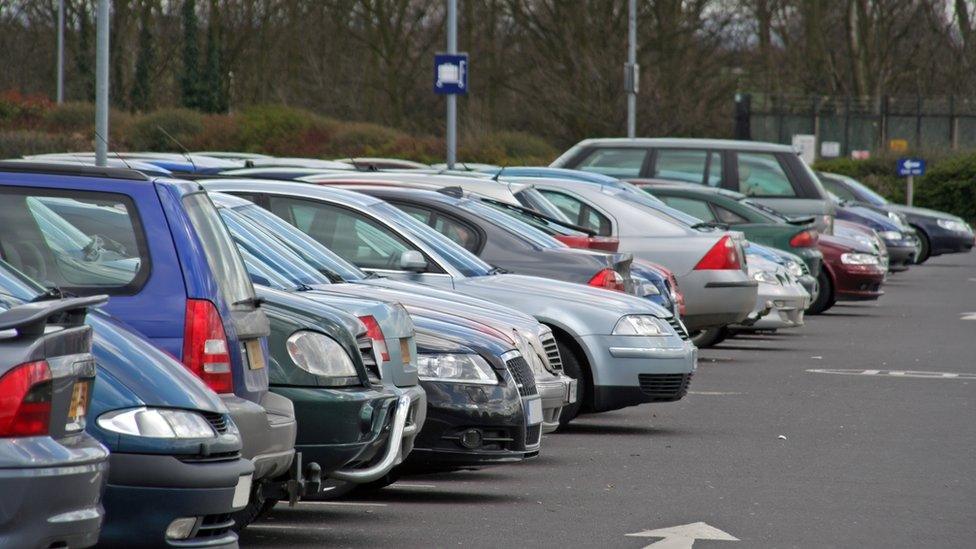
The council estimates it could earn about £7m a year from the scheme
City centre businesses could be charged £500 a year for each of their private parking spaces under a council plan to reduce congestion and air pollution.
Birmingham City Council says its proposal is still in the early stages but the city "needs to move away from an over-reliance on cars".
The Workplace Parking Levy (WPL) would be paid on top of Clean Air Zone fees.
Critics say it effectively amounts to a "tax on work" which will likely be passed on to employees.
Currently, Nottingham is the only city in the UK to have WPL - introduced in 2012.
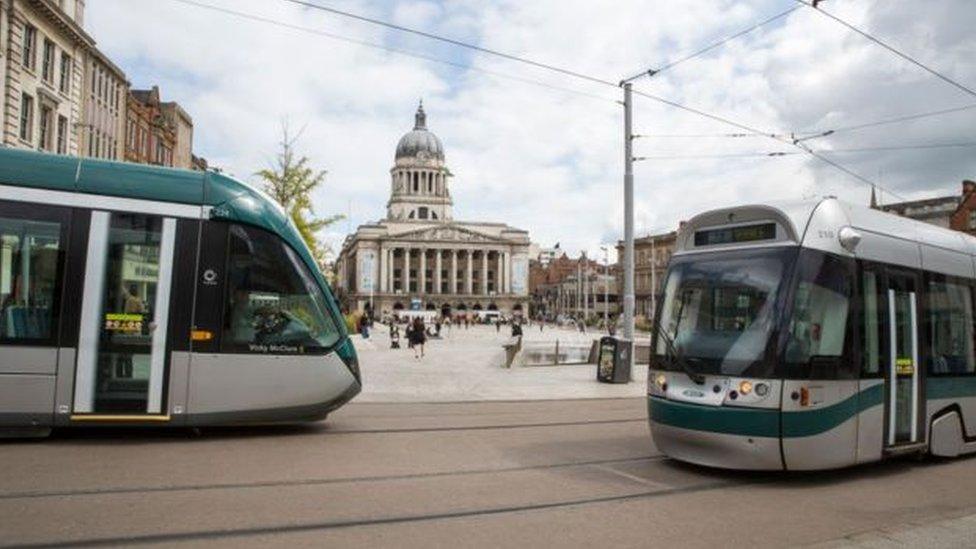
Nottingham has raised more than £50m for sustainable transport projects since 2012
The council's cabinet report, external into the proposal says there is "little evidence" the practice in Nottingham has constrained economic growth there.
But Birmingham Chambers of Commerce said the levy would "add to businesses' woes" and urged the council to "tread very carefully on this initiative".
The RAC warned that people who relied on their cars to get to work risked being penalised twice as they would also have to pay to enter Birmingham's Clean Air Zone (CAZ), due to come into force in January. Under the scheme, some motorists will be charged between £6 and £10 per day to drive into the city centre.
An RAC spokesperson said of the WPL: "It's a tax on people actually going to work - almost certainly businesses will pass that cost on to employees."
He added that on top of the CAZ, those "who may not have any alternative to driving to work will end up being clobbered".
But Waseem Zaffar, cabinet member for transport, said: "We've got to look at other ways we can reduce air pollution in our city, which is ultimately killing people."
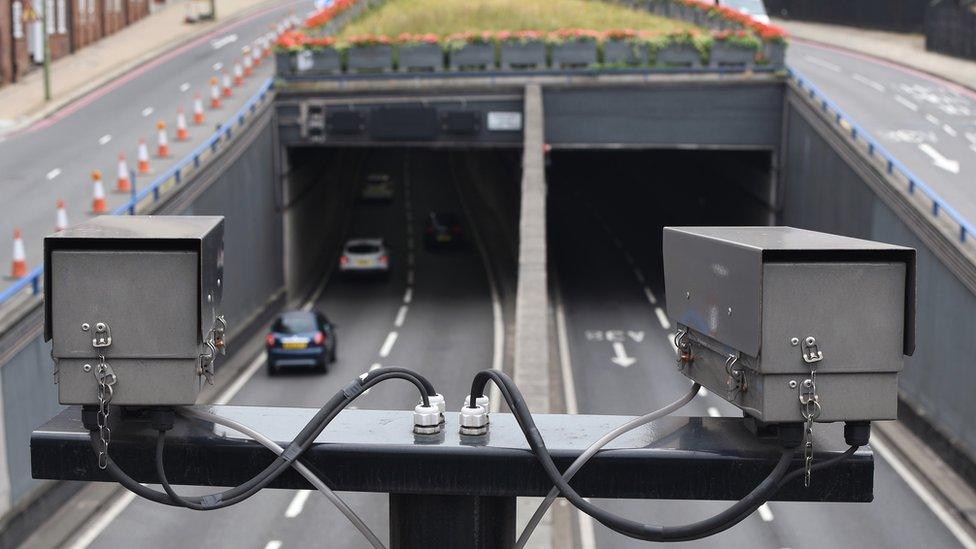
Birmingham is set to introduce its Clean Air Zone in January
The council estimates it can generate about £7m each year by charging £500 for each of the 14,500 city centre workplace spaces.
The revenue would be used to fund public transport and cycle routes, it said.
If the proposal is approved, the authority will seek to implement it by 2024.

Follow BBC West Midlands on Facebook, external, on Twitter, external, and sign up for local news updates direct to your phone., external
- Published8 February 2019
- Published19 June 2018
- Published12 March 2019
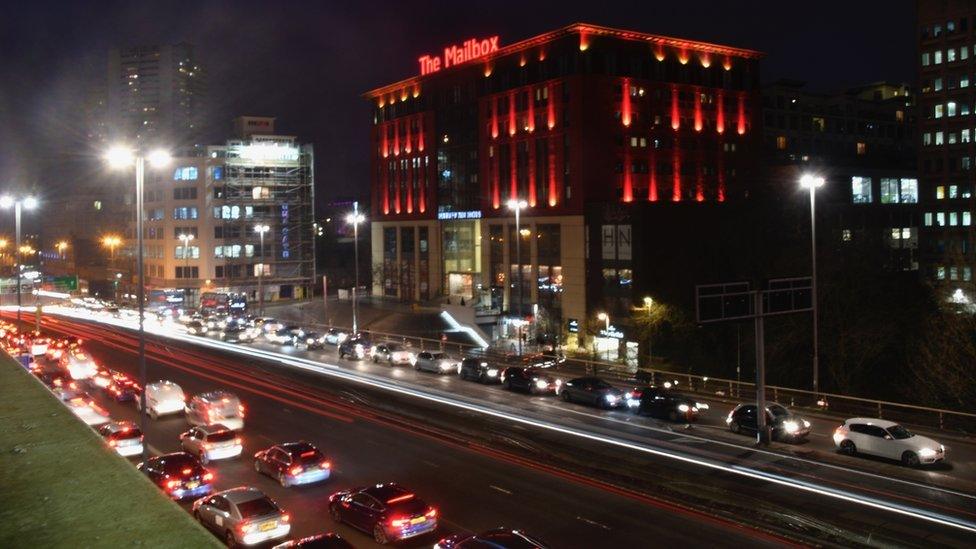
- Published1 April 2012
